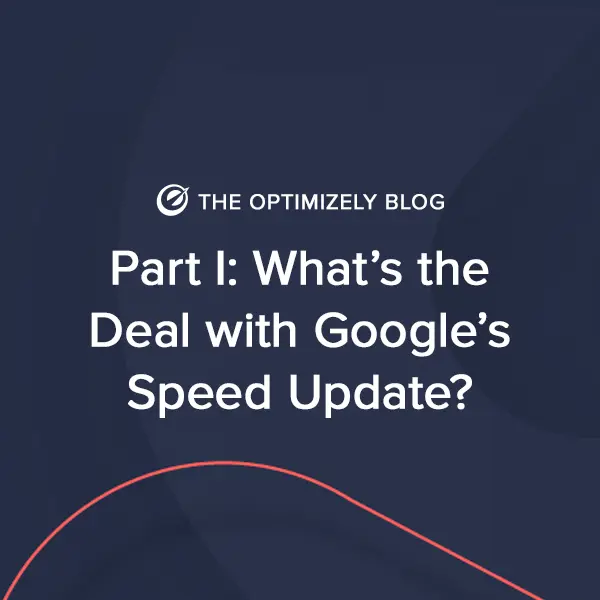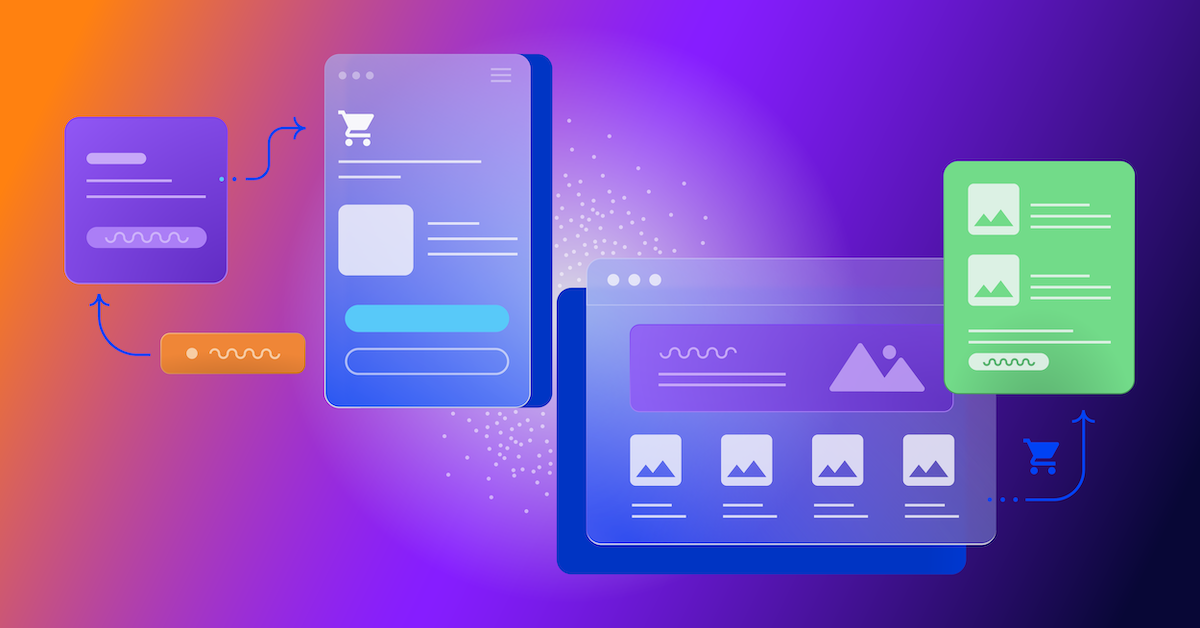Part 1: What’s the Deal with Google’s Speed Update and How Might it Affect Me?
Welcome to the two-part series discussing Google’s algorithm change, which will now use page speed as a ranking factor for mobile search. Part 1 will review what the change is and what it might mean for you, with Part 2 being shared after the change goes into effect, sharing updates on the effect it has

Welcome to the two-part series discussing Google’s algorithm change, which will now use page speed as a ranking factor for mobile search. Part 1 will review what the change is and what it might mean for you, with Part 2 being shared after the change goes into effect, sharing updates on the effect it has had.
Recently Google announced that starting July 2018, they will officially use page speed as a ranking factor for mobile searches. Speed has been a known factor in Google’s search algorithm for over seven years, but this is the first time mobile searches have come into play. If you are alarmed about this update, keep reading. Based on Google’s recent statements on the matter, the impact of this change is not as drastic as many might fear. Calling this change the Speed Update, Google’s Zhiheng Wang and Doantam Phan explain:
“It will only affect pages that deliver the slowest experience to users and will only affect a small percentage of queries. It applies the same standard to all pages, regardless of the technology used to build the page.”
Though Google hasn’t officially released a specific benchmark to determine if a site will be categorized as having “the slowest experience,” we expect them to use the simulated experience of a user on 3G as their baseline, based on their other simulated metrics. The good news here is that Google is looking at the slowest pages out there; the small percentage of slowest pages reduce engagement for overall mobile users. If you care about performance, these pages won’t be yours; Google’s goal here is to promote the better performing pages over the slower ones.
Another point made by Google’s John Mueller is that “this new Speed Update does work on a ‘gradual scale’ and small gradual improvements to speed can help improve your rankings a little bit,” which differs from the update eight years ago.
We at Optimizely understand that the Speed Update has caused some concern. Despite the change only affecting customers with pages that have been identified as “the slowest experiences [for mobile users],” we want to provide ways for you to continue to optimize page speed, regardless of the version Google will be assessing: desktop or mobile. Here are some of the options that Optimizely provides to help your website continue to perform well:
Use X event API
Now available as of 2018, this API will allow batches of events to be sent out on regular intervals to reduce the number of calls. Sending batches of events rather than one event at a time has been reported by our customers to decrease load time by up to a second, allowing your site to load faster.
Separate your Snippet with Custom Snippets
Splitting your snippet into multiple snippets (for example, one for your domain page, one for your category pages, etc.) will give you maximum impact on the performance of your site. We want you to run as many experiments as possible on as many pages as necessary, all the while maintaining site speed. Results between snippets can be shared, so feel free to separate them as necessary.
Time-To-Live (TTL) Settings (Caching)
Change the setting for TTL so that your snippet is cached in the browser before it calls back to the CDN. Due to the snippet being cached, your subsequent page will load faster. We recommend you set your snippet’s TTL to equal the average time your visitors spend on your site.
Test Setup Best Practices
Optimizely enables you to use custom code options that the project, experiment and variation level which enables you to have more control over the performance impact of testing. If any client side performance impact has you anxious we also have a suite of Developer SDK’s your team can leverage for experimentation. Learn more about Full Stack here.
As you review your experimentation process it is important to remember that the content and experience you improve through experimentation have an offsetting impact on any performance considerations. As Google has stated: There’s no “fix” for pages that may perform less well other than to remain focused on building great content. Over time, it may be that your content may rise relative to other pages.”
Keep in mind that Google’s algorithm is constantly changing. As daunting as the mobile speed change may seem, it is only one of many changes that happen throughout each year. In a statement released by Google on Twitter, they say: “Each day, Google usually releases one or more changes designed to improve our results. Some are focused around specific improvements. Some are broad changes. Last week, we released a broad core algorithm update. We do these routinely several times per year.”
Speaking of these changes, Google’s algorithm includes many factors in their calculations besides page load speed. To reiterate the importance of great content, Google stresses that the relevance of the content is just as important as the time it takes to load: “The intent of the search query is still a very strong signal, so a slow page may still rank highly if it has great, relevant content.”
With over two hundred factors contributing to Google’s algorithm, a focus on page speed alone is not going to improve your search rankings. At Optimizely, we are dedicated to helping you maximize your entire user experience through experimentation.
Have questions about the Speed Update? Join us at our AMA hosted by Michael Hood, our Senior Staff Performance Engineer, on Wednesday, July 11th, between 8:30am-11:00am PST on our Community page. You can also have instant access to the AMA by clicking the link: AMA with Michael Hood
